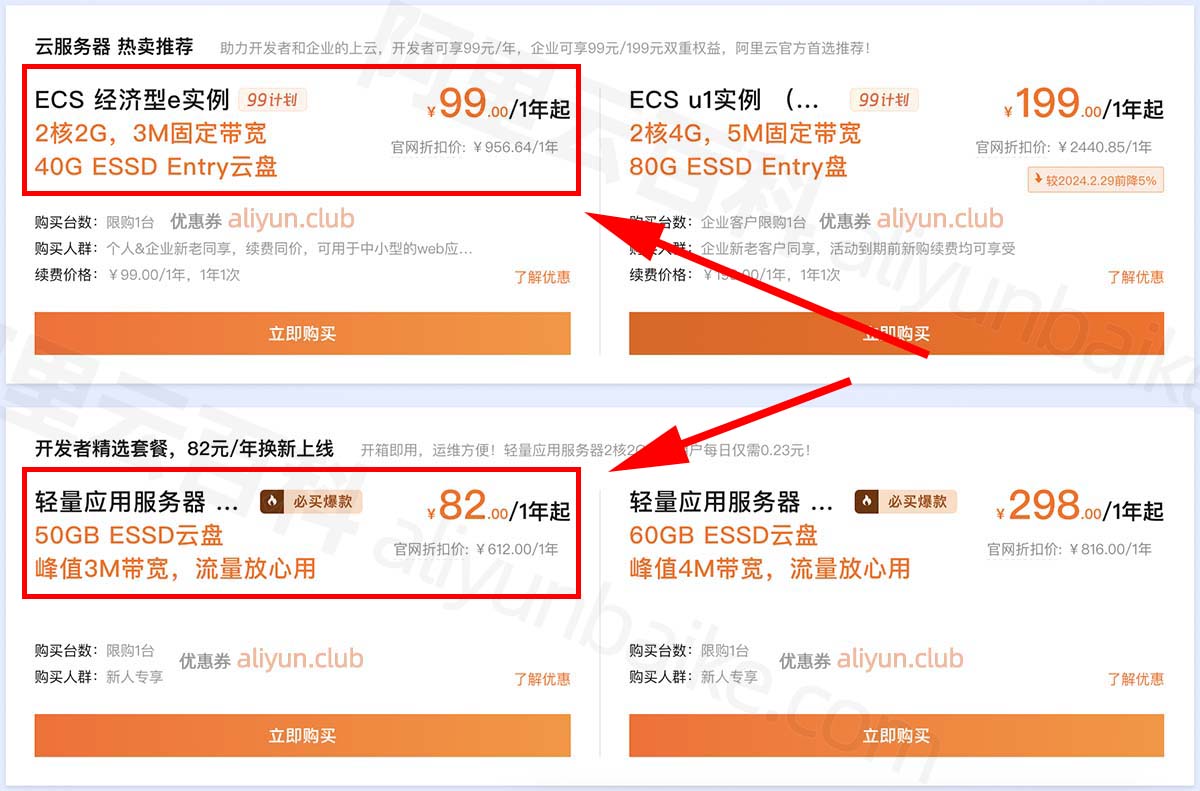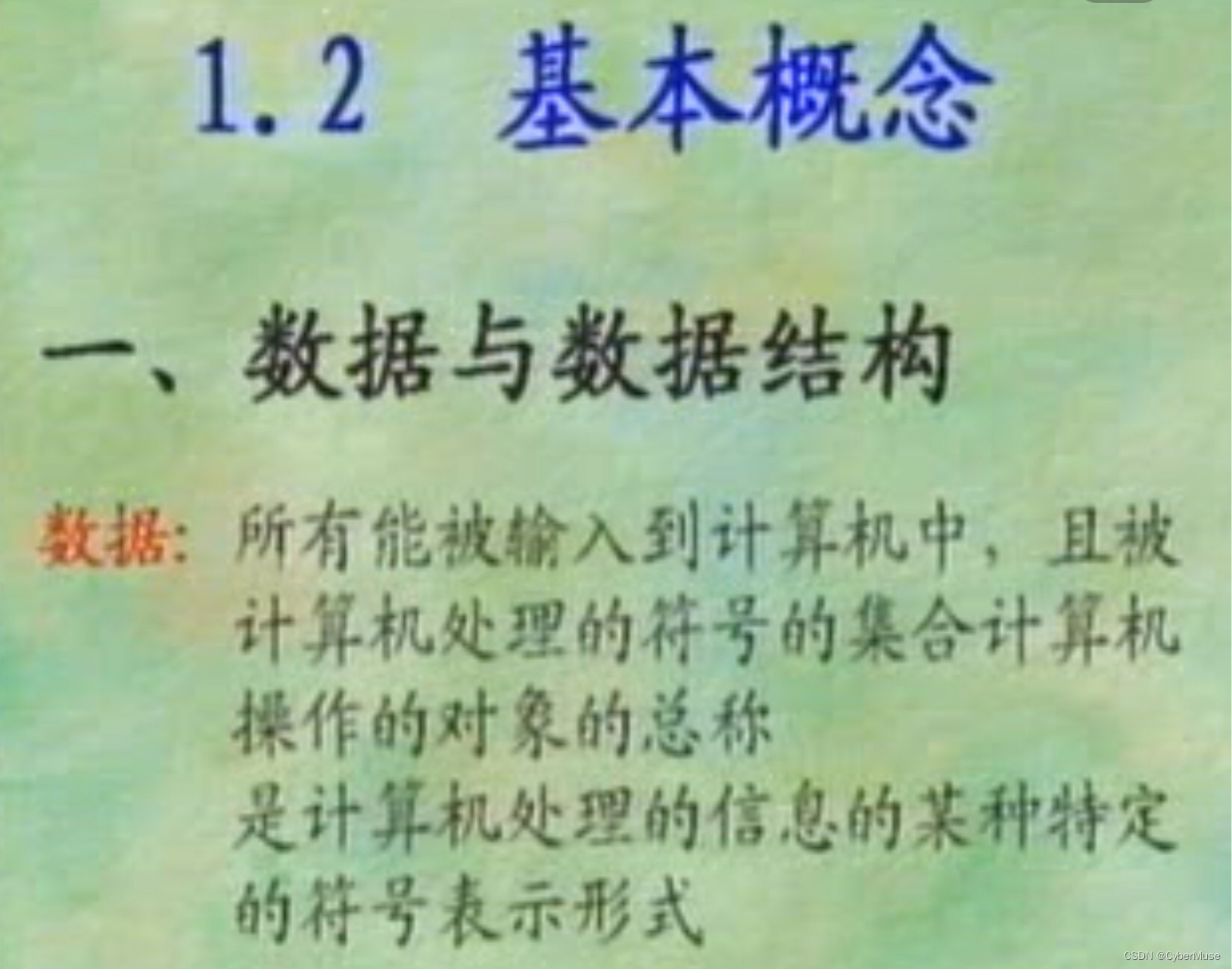type 的概念
C++中的变量拥有类型, 这是显然的。
实际上,每个 object, 每个 reference, 每个 function, 每个 expression , 都有对应的 type (类型):
Each object, reference, function, expression in C++ is associated with a type, which may be fundamental, compound, or user-defined, complete or incomplete, etc.
type 的划分
type 可以分为:
- fundamental type:void类型,空指针类型,数值类型(整数、浮点)
- compound type:
- union,class,array
- enum,member pointer, pointer
- function,reference
- 用户自定义类型

类型判断 - fundamental
constexpr bool q = std::is_fundamental<int>(); // true
我们直接查看 macosx14.4 (apple clang) 里的代码:


不妨展开 std::is_void<_Tp>::value 的实现, 发现是 is_same<T,U> 套壳,再往下是 _BoolConstant<T> 套壳,
template <class _Tp>
struct _LIBCPP_TEMPLATE_VIS is_void : public is_same<__remove_cv_t<_Tp>, void> {};
template <class _Tp, class _Up>
struct _LIBCPP_TEMPLATE_VIS is_same : _BoolConstant<__is_same(_Tp, _Up)> {};
template <bool _Val>
using _BoolConstant _LIBCPP_NODEBUG = integral_constant<bool, _Val>;
最终是到了 std::integral_constant<T, v>.
类型判断 - compound
constexpr bool r = std::is_compound<int*>(); // true

std::integral_constant
可以看到 std::is_fundamental<T> 和 std::is_compound<T> 都是基于 std::integral_constant<T, v> 的实现,但它并不复杂,它就是返回 static_cast<T>(v):

类型判断 - reference 和 function
constexpr bool s = std::is_function<void()>(); // true
首先,判断是否为 reference 是这样定义的:

其次,判断是否为 const 也是明确的:

然后,认为 std::is_reference<T> 和 std::is_const<T> 之外的,都是 function:

总结
这一篇给出了C++中 type 的概念,包括 fundamental, compound 两种最基本的划分, 然后给出了 std::is_fundamental<T>, std::is_compound<T> 的 macos 代码,以及往下挖了2层、3层发现了 std::ingegral_constant 的使用等。
几个直观的例子如下:
constexpr bool q = std::is_fundamental<int>();
constexpr bool r = std::is_compound<int&>();
constexpr bool s = std::is_function<void()>();
constexpr bool t = std::is_literal_type<decltype("hell")>();
Refs
-
https://en.cppreference.com/w/cpp/language/basic_concepts
-
https://en.cppreference.com/w/cpp/language/type



![HTB:Oopsie[WriteUP]](https://i-blog.csdnimg.cn/direct/74bb5c48c9304626903bd34e7d2b3218.png)















